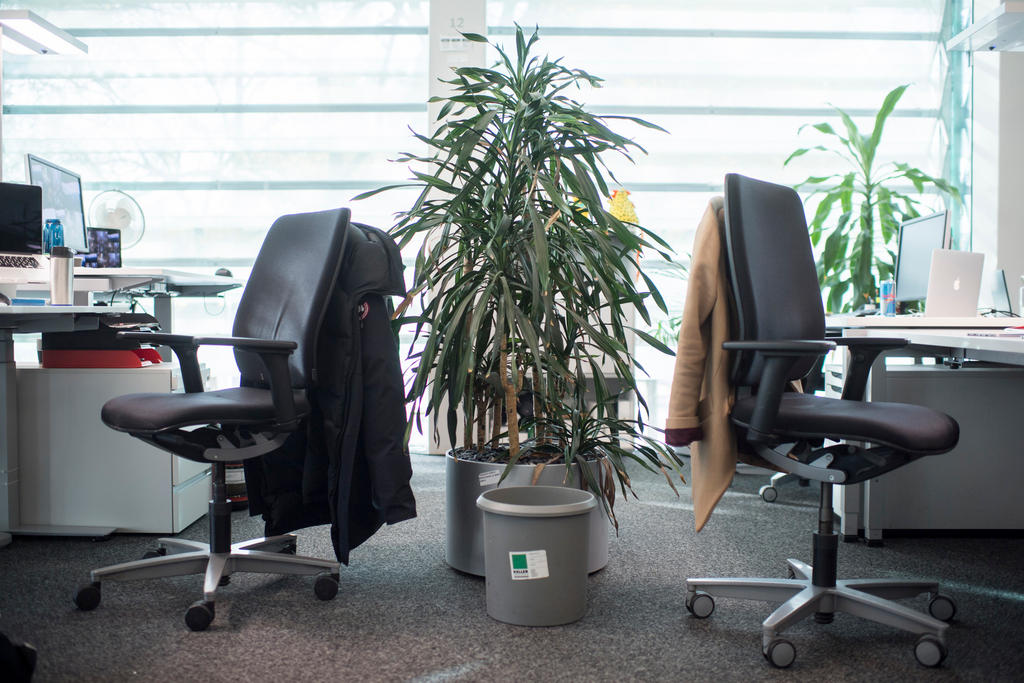Reliving the 1918 General Strike
The General Strike on November 12, 1918 was the most serious political crisis ever faced by the Swiss confederation, the climax of class tensions that had been building up for decades. In August, a theatre group in Olten plans to show the world how the drama played out.
The stoppage was the culmination of the social unrest at the end of the First World War that swept across Switzerland and other European countries. In Switzerland, the entrepreneurial classes made enormous sums of money out of the war, and farmers also improved their lot. But the workers became increasingly poor, suffering from high inflation, low salaries and food shortages.
The call to strike was launched by the Comité d’Olten (“Olten Committee”), an action group of Social Democratic Party members and trade unionists. Nearly 250,000 people responded and the country was paralysed. In the municipality of Grenchen, in the north-western canton of Solothurn, three strikers were killed by the Swiss Army on November 14.
Faced with the intransigence of the government, which threatened to give the army orders to shoot strikers, the Olten Committee surrendered, and work resumed on November 15. While it only lasted three days, the General Strike is still considered today to be one of the most important social conflicts in Swiss history. Swiss Public Television, SRF, visited a rehearsal of a stage play in Olten, marking the centenary of the event. The play, ‘100 Jahre Landestreik’External link, runs from August 16 to September 23, 2018 and features 120 amateur performers from the region.
(SRF/swissinfo.ch)




You can find an overview of ongoing debates with our journalists here. Please join us!
If you want to start a conversation about a topic raised in this article or want to report factual errors, email us at english@swissinfo.ch.